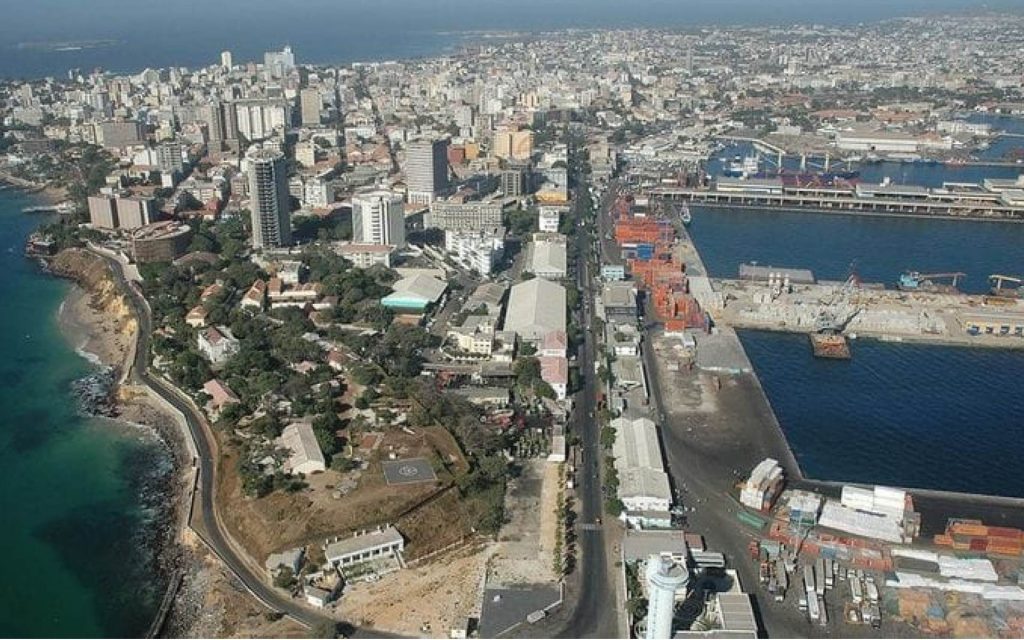The government of Senegal has launched an extensive development plan, aiming to boost average individual income by nearly 50 percent within five years while also reducing the country’s deficit and debt levels. The 25-year strategy seeks to steer the West African nation away from foreign dependence, focusing instead on harnessing local resources and developing human capital.
The plan is part of the sweeping reforms promised by President Bassirou Diomaye Faye, who assumed office in April. Faye’s administration has raised hopes of tackling the country’s high living costs and persistent unemployment. Prime Minister Ousmane Sonko joined the president in unveiling the ambitious programme during a ceremony in Diamniadio, approximately 30 kilometres from the capital, Dakar.
According to Souleymane Diallo, Director General of Planning at the Ministry of Economy, the government projects economic growth of between 6.5 and 7 percent from 2025 to 2029. The plan also includes reducing central government debt from 83.7 percent of GDP in 2023 to 70 percent by 2029. Furthermore, the government aims to cut the budget deficit to 3 percent “within a reasonable timeframe” after it averaged 10.4 percent between 2019 and 2023.

Diallo outlined further targets, including maintaining inflation at around 2 percent for the next five years. He added that the average income of Senegalese citizens is expected to increase from $1,660 to approximately $2,468, representing a nearly 50 percent rise over the same period. Life expectancy, which stood at nearly 69 years in 2023, is projected to increase by at least three years under the new plan.
The government also announced its goal of achieving universal access to water and electricity as part of the agenda. Despite Senegal’s reserves of natural resources such as oil and gas, the country currently ranks 169th out of 192 on the UN Human Development Index. The government aims to move Senegal from low to medium human development within the next five years.
The launch of the “Senegal 2050: National Transformation Agenda” comes just over a month before the snap parliamentary elections scheduled for November 17. The first six months of Faye and Sonko’s leadership have been marked by tensions with the opposition-dominated parliament, which Faye dissolved in mid-September, prompting the upcoming legislative polls.


